The Customer Energy Village project (now known as NeRV) created a valuable opportunity to explore how people engage with new energy technologies, opening fresh possibilities for both research and practical application.
Participants were introduced to a wide range of energy-related technologies and experienced them in a realistic home setting. By visiting the demonstrator site, they could see unfamiliar technologies in action, understand how they operate and get a sense of their look, feel and even sound. These first-hand experiences proved to be important in building trust, sparking interest and supporting informed decision-making.
The findings suggest that increasing access to clear, engaging information (whether through hands-on experience or through online resources) can boost consumer confidence and willingness to adopt smart home and low carbon technologies.
The Challenge
Across the UK, many households face financial difficulties, with some forced to choose between heating and eating. For those living in fuel and/or water poverty, this can mean rationing energy and water use, particularly if they are on a meter.
In these situations, staying warm and maintaining health will naturally take priority over reducing their carbon use. It’s essential that the specific needs of these households are recognised and that energy networks put in place strategies that offer meaningful support.
Vulnerability can take many forms, linked to factors such as health, age, property type, income and personal circumstances. Many households experience multiple challenges, making it harder to change behaviours or understand why change is needed. Others may face communication barriers, such as deafness, blindness, or cognitive conditions.
These households need tailored, practical support to navigate any major changes that will directly affect their home life.
The Journey
Northern Gas Networks (NGN) transformed part of their above-ground site into Futures Close; a street of nine test homes designed to reflect a cross-section of UK housing. The mix included:
- Three 1910s terraced houses
- Two 1930s semi-detached houses
- One 1950s bungalow
- One 1970s multi-occupancy building
- One 1990s detached property.
Retrofittable technologies were installed in each of the properties to test their potential for improving energy efficiency. The project aimed to understand how the public perceive these technologies, both during installation and in daily use.
A diverse group of participants took part in surveys and hands-on workshops at the site; giving them a chance to see the technologies in action, ask questions and consider which options might work best for their own homes and lifestyles.
The Resolution
The project offered participants a rare chance to explore a variety of energy-related technologies in a realistic home setting. It also gave valuable insight into how both vulnerable and non-vulnerable households respond to these solutions.
Although some research was limited by warm weather and time constraints, several of the tested technologies showed measurable improvements in energy efficiency.
For NGN and other stakeholders, the work has provided a clearer picture of the retrofit technologies currently on the market, the public’s perceptions and the potential barriers to more widespread adoption.
What’s Next?
The results will be continually disseminated throughout 2025 and beyond, primarily by the Newcastle University team, via a range of research papers and academic conferences. The findings can be used by energy networks, policy makers, landlords and private homeowners to be better informed about the impact of different technologies and what could be used to support the decarbonisation of their homes.
“Achieving net zero by 2050 is going to be a huge challenge, but this project will help the industry to identify and create solutions that can transform properties into net zero homes that are comfortable to live in and enhance the wellbeing of occupants.”
David Lynch, Strategy Manager in Energy Systems, Northern Gas Networks

